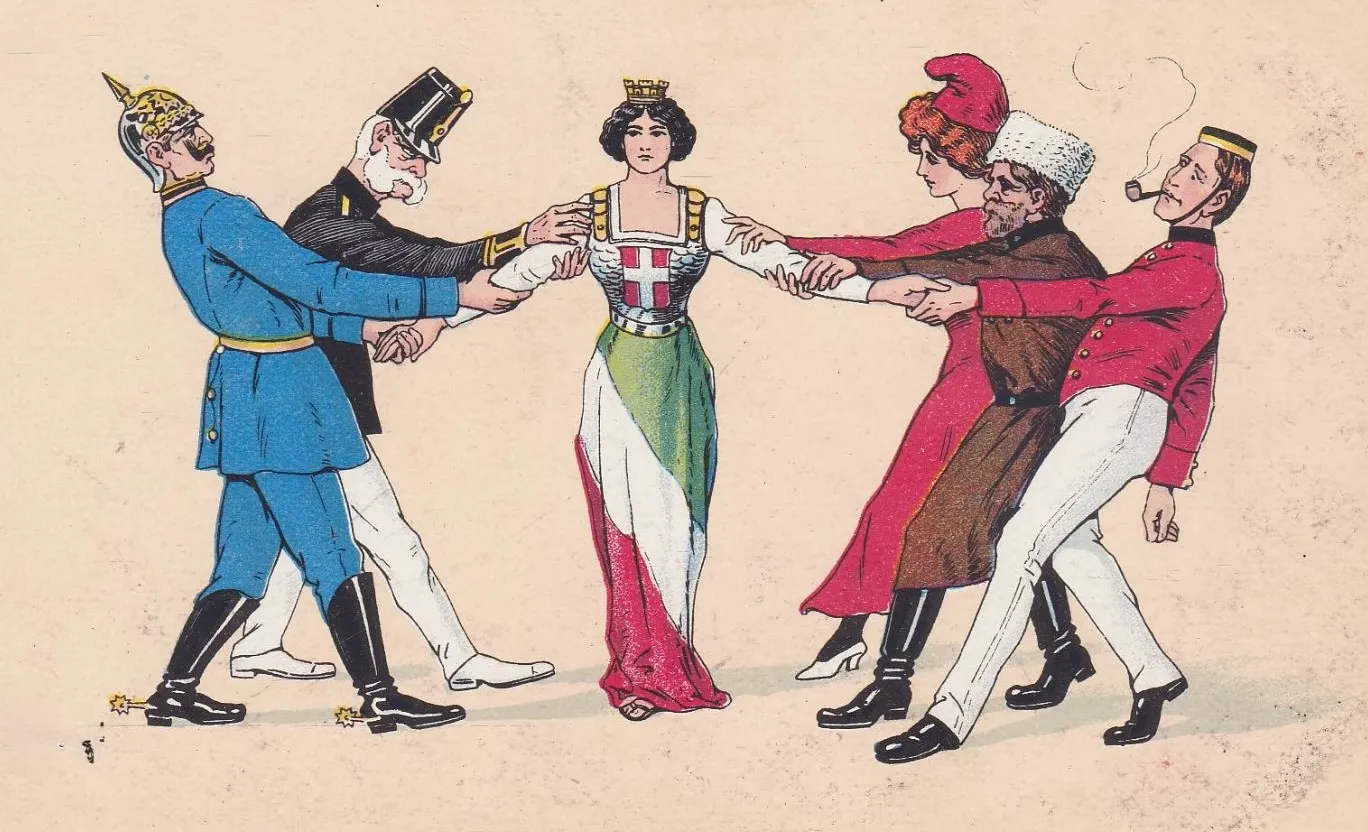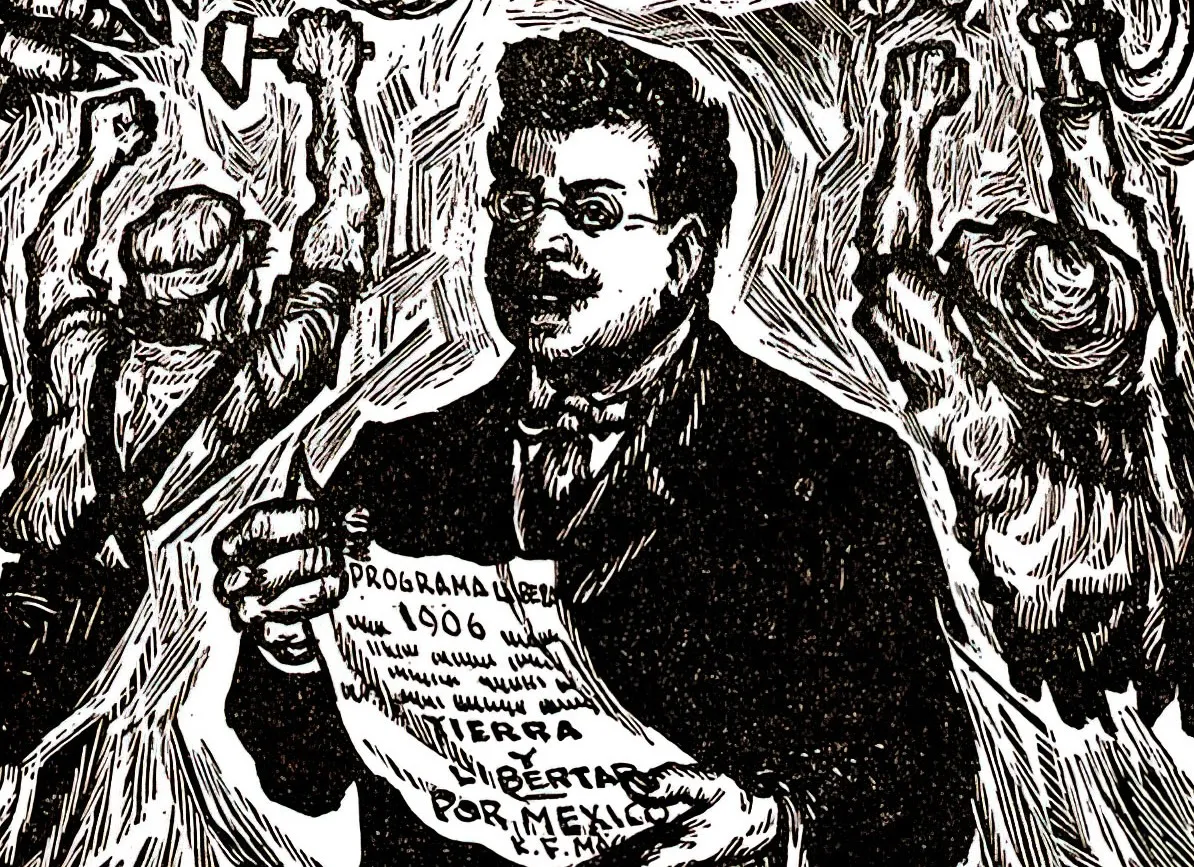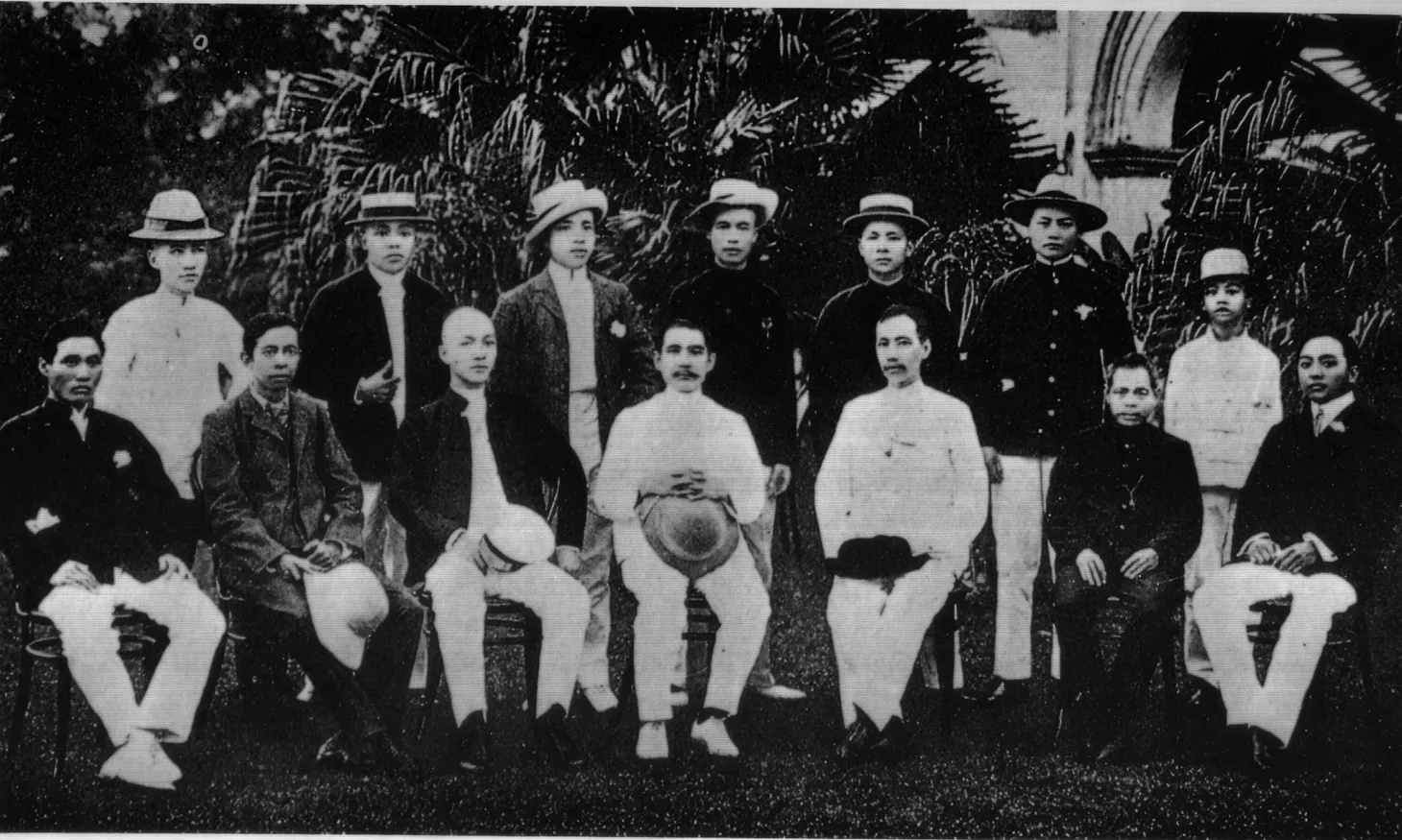“We the Women Will Fight”: Africa in the Forty Years’ War
Discussion of teaching Africa in the world wars
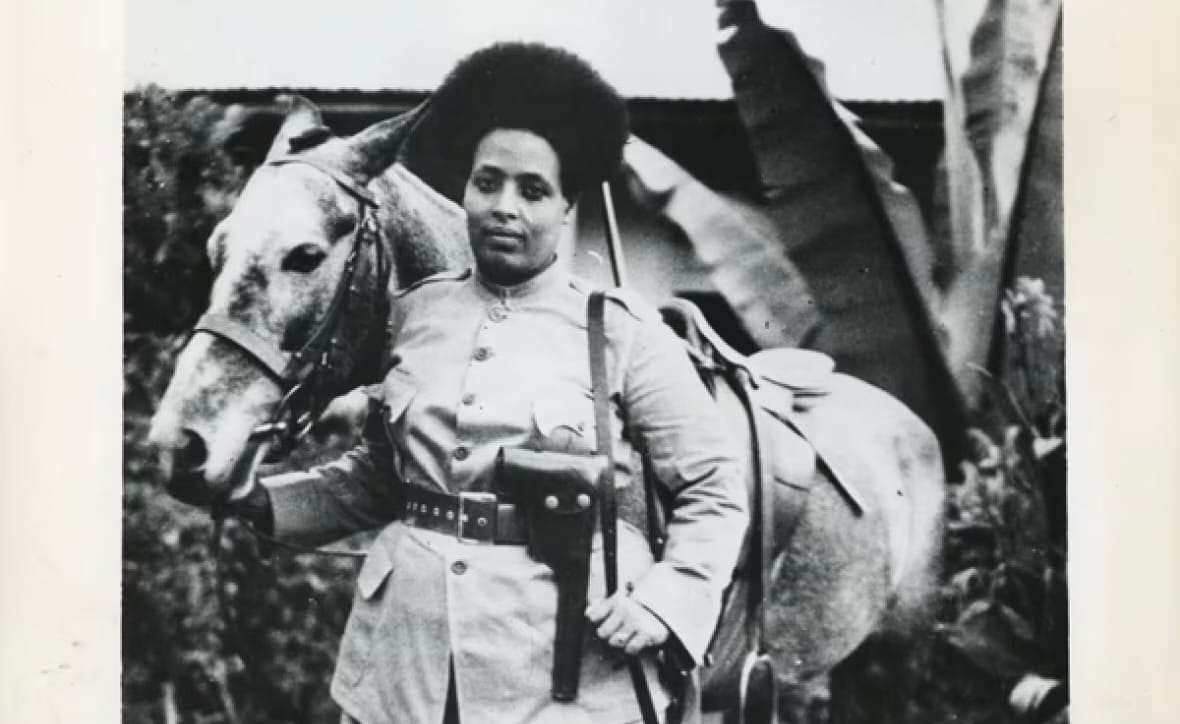
When Europeans began intensively colonizing Africa in the 1880s, they often justified their actions with racist claims about Africans being “uncivilized” or the “least developed” humans. Despite regularly repeating these racist claims, it didn’t stop European colonial powers, especially Britain and France, from turning to African soldiers during the wars of the first half of the twentieth century. The popular image of soldiers in the world wars is of White European men fighting in the trenches, but Britain and France regularly relied on African (and Asian) soldiers to fight across the many fronts of the First and Second World Wars.
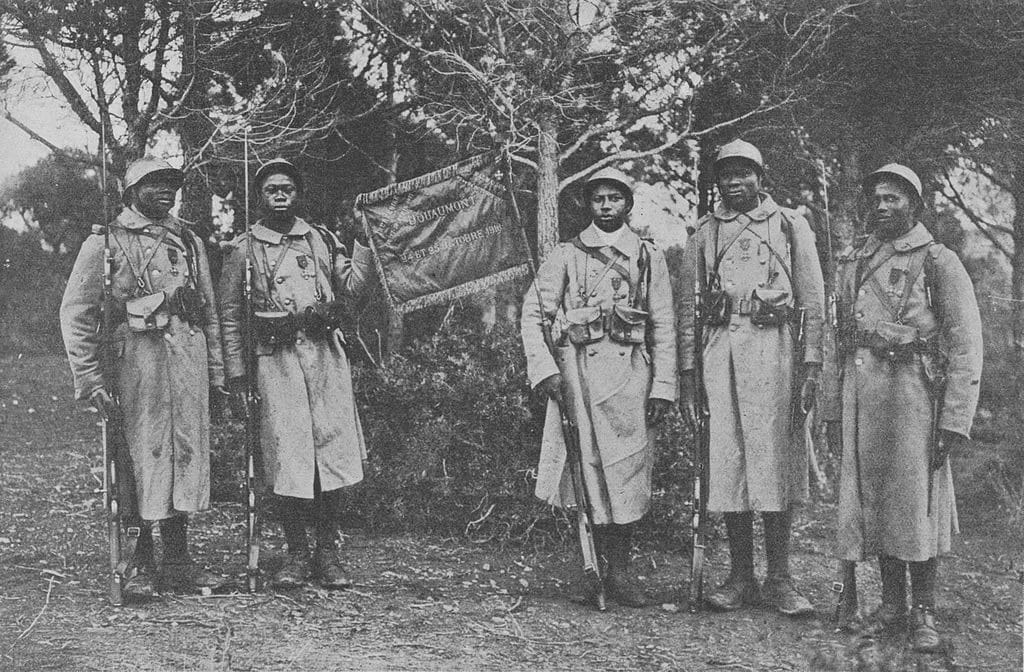
African soldiers fighting in “European” wars not only benefitted Britain and France but also changed how Africans saw themselves. By regularly fighting alongside White European soldiers and soldiers from other European colonies, Africans learned new skills and increasingly saw themselves as equals to Europeans. Some African soldiers even felt more connected to their colonizers. Fighting in the Forty Years’ War also affected Ethiopian women who regularly fought alongside Ethiopian men when Italy invaded in 1935. Participation in the Forty Years’ War also contributed to Africans winning their independence in the 1950s and 1960s.
African Soldiers in the World Wars
This content is for Paid Members
Unlock full access to Liberating Narratives and see the entire library of members-only content.
SubscribeAlready have an account? Log in

